Can You Find Victory In Defeat?
I went out and watched the new alien invasion movie, Skyline, last Friday. The movie follows a group of average people in L.A. as they find themselves in the midst of an alien invasion (think Cloverfield meets Independence Day).
The basic premise of the movie is that the aliens are just so advanced and powerful that there really isn’t much we humans can do against them.
This got me thinking about how we handle the endings in stories. So often it seems that when a story ends it is either in total victory or in total defeat. Where the main character finally achieves what he’s been seeking, or is totally destroyed in the process.
Can there be something that is more of a middle ground? Where the hero fails at what he was seeking to do, but the victory is more in who he has become? Or perhaps he succeeds in his victory, but is the victory worth what it has cost?
I think this is more often done with early books in a series, but what would you think of a book that ended this way?
How do you think a Christian worldview influences the kind of endings we tend to see in books written by Christians?

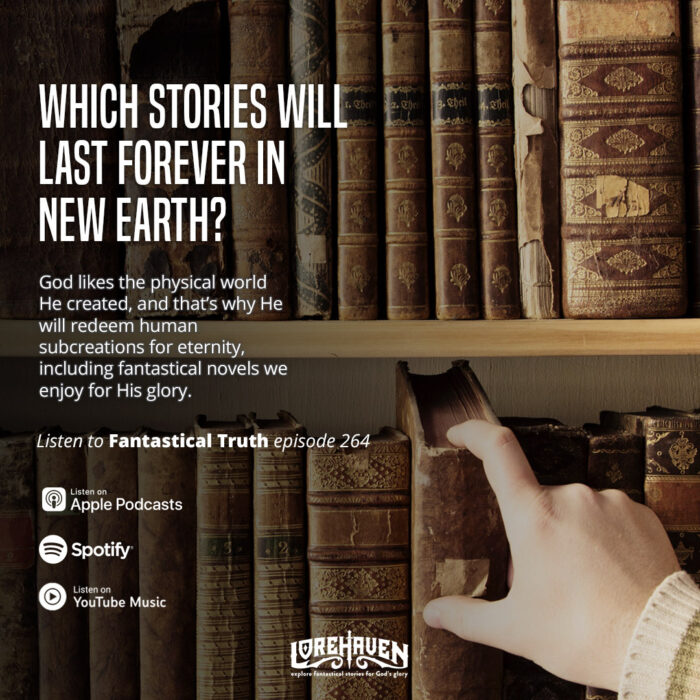
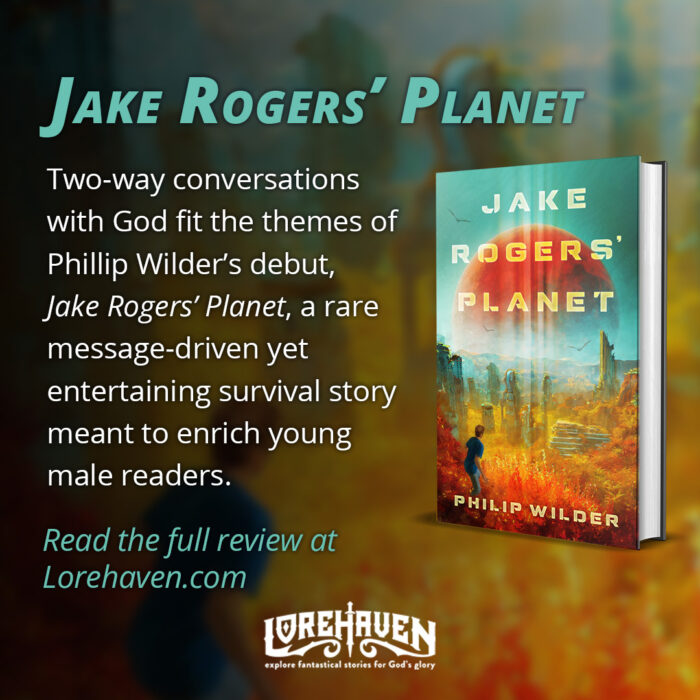
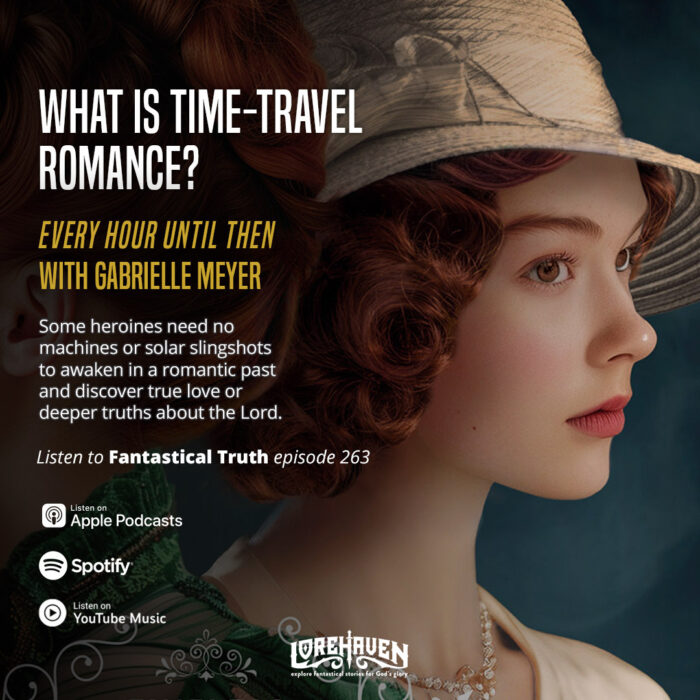

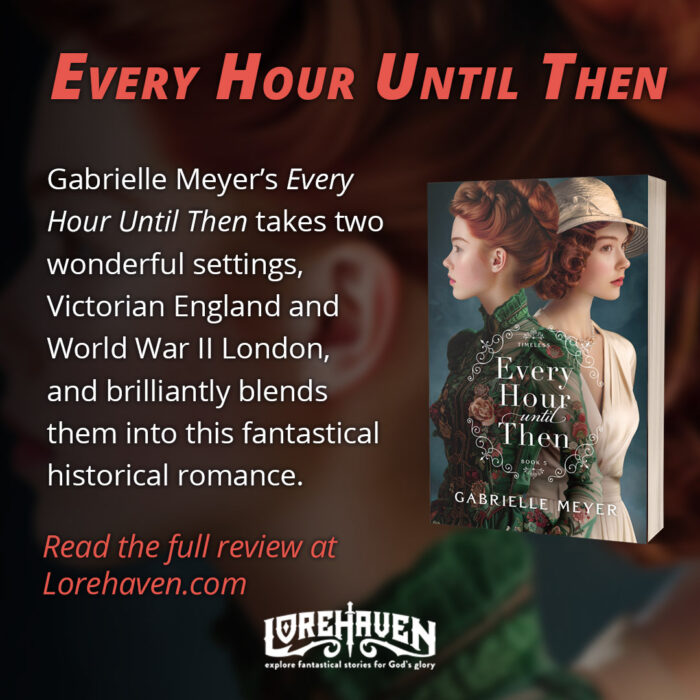














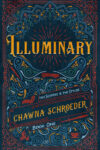

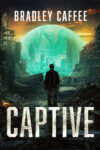


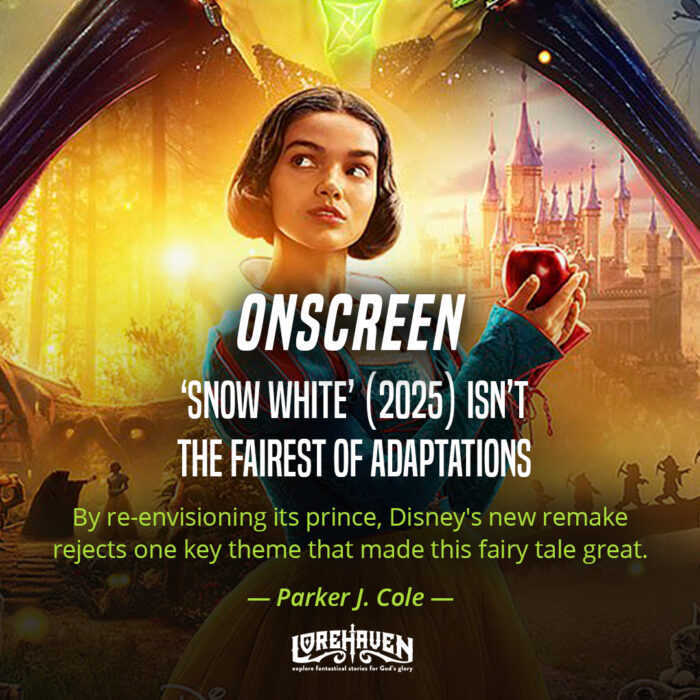
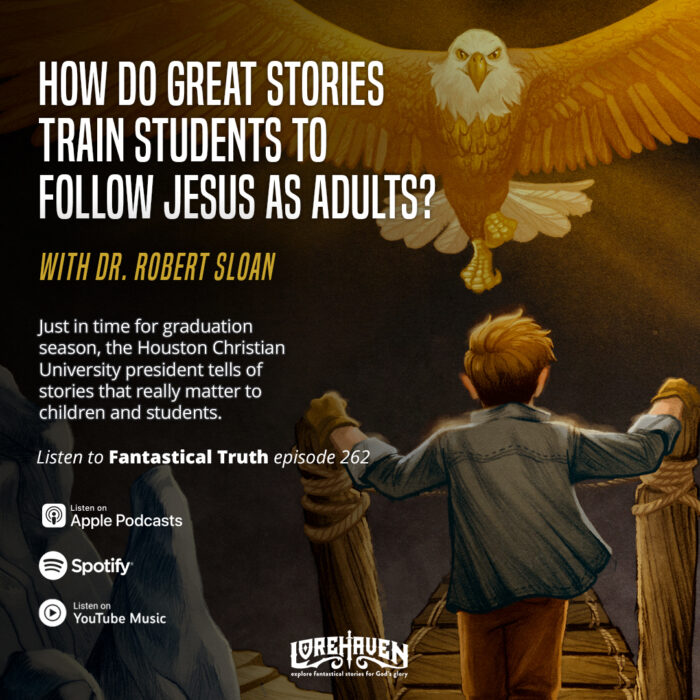
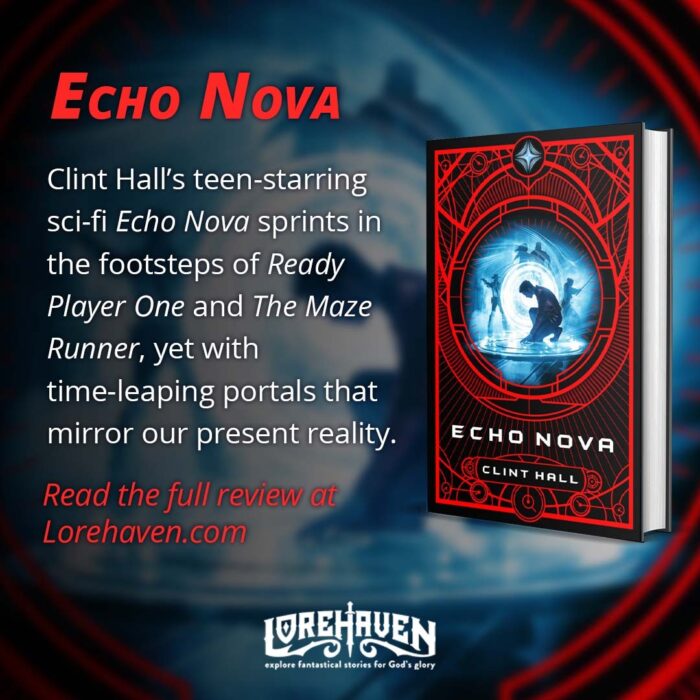
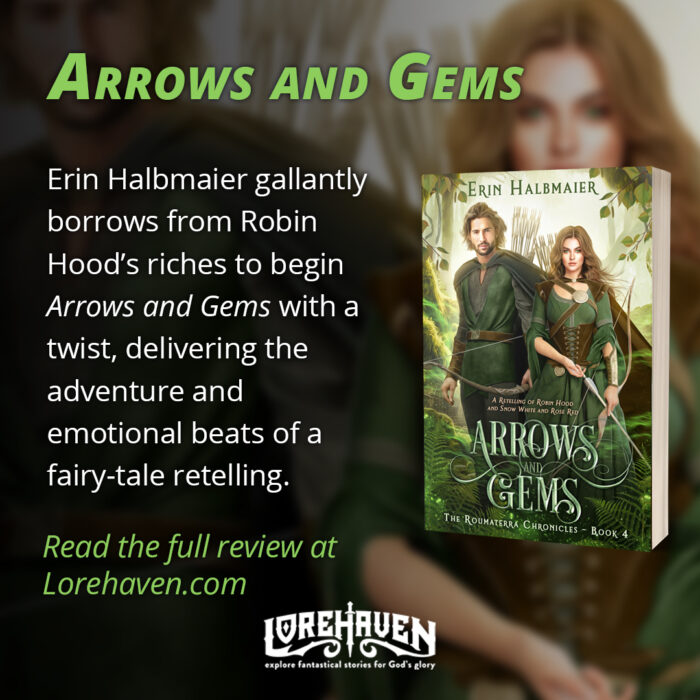
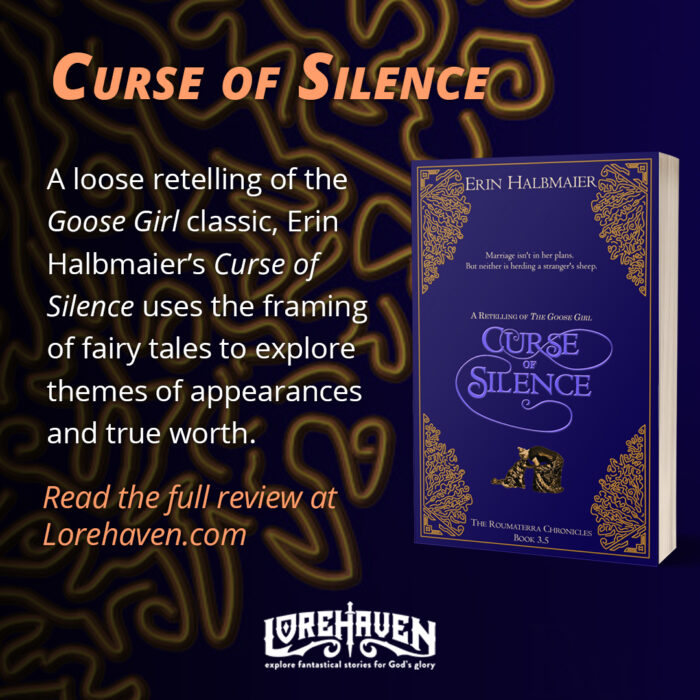
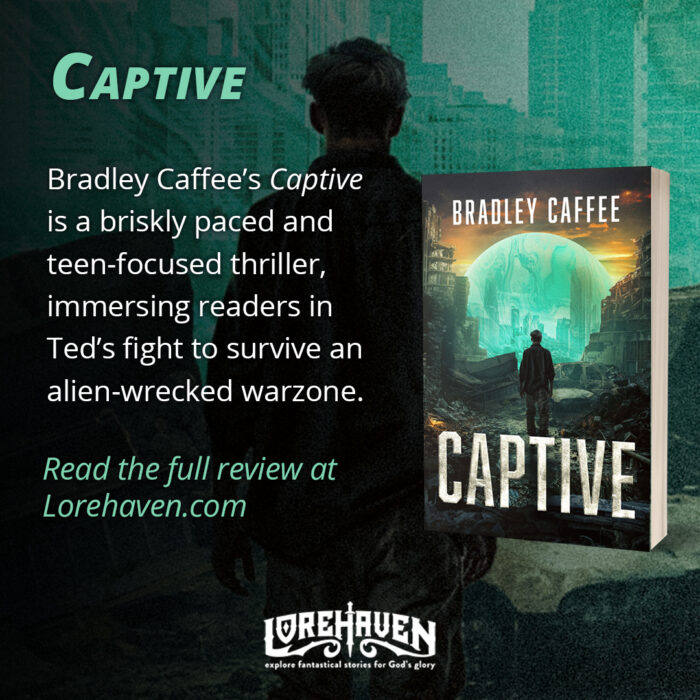





The example that leaps most readily to my mind is Lord of the Rings. Frodo leaves Bag End and the Shire to protect the innocence of the Shire in particular. Along the way he loses his own innocence, but seems to have triumphed utterly—and has as far as everyone else is concerned—but then this weary wounded hero returns home to find that he has failed and the Shire is despoiled. And even once the Shire is restored, it still isn’t quite the same anymore.
The other obvious example of “victory in defeat” is The Last Battle, which shouldn’t need any explanation beyond that.
But, actually, the “victory but at what cost” motif is far more common in what I’ve read recently than total victory or total defeat. (Partly that’s because an unusually large proportion of that is novels in L. E. Modesitt’s Recluce series, which are pretty much all elaborations of the theme of the cost of doing what is necessary rather than taking the easy way out. But not entirely. And I also have seen vanishingly few movies in my lifetime, let alone in the last few years.) In fact, a great deal of the segment of modern fantasy and science fiction that I think of as “mythopoeic fiction,” by which I mean speculative fiction that demonstrates thoughtful worldbuilding, also applies that same attention to detail to its themes, making a point of dwelling on these nuances rather than settling for the formerly conventional complete success—so much so, in fact, that I can’t think of any book with the sort of ending described above as “so common” that wasn’t explicitly intended for children.
I tend to like bittersweet endings, as both of you mentioned. Overly “happy” and depressing endings, well, that’s another story.
Same here, bittersweet endings. I watched How to Train Your Dragon and the ending was perfect (I cry everytime I see it… I know… I’m a softy). But its the perfect ending for the movie; the boy and the dragon need each other 🙂